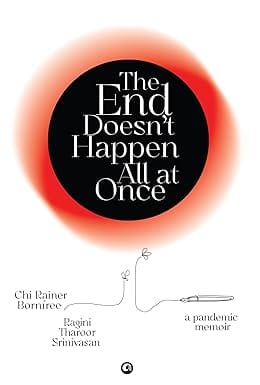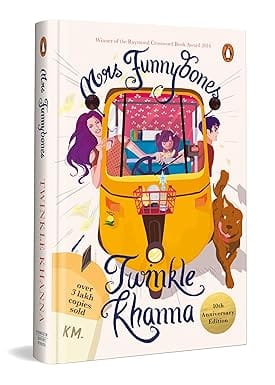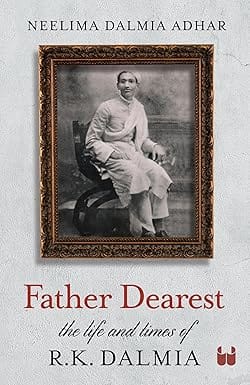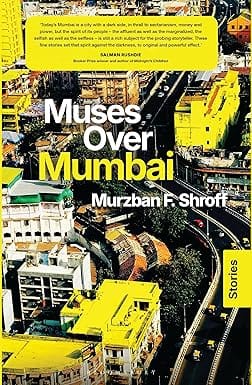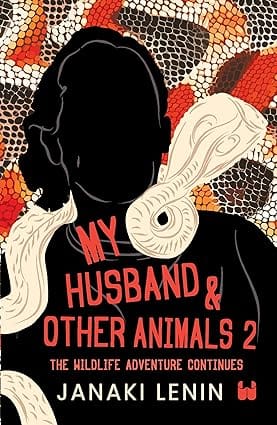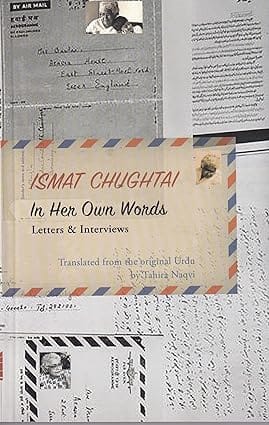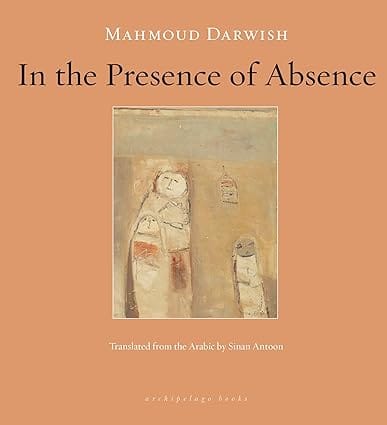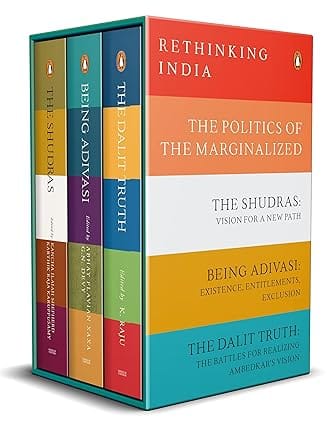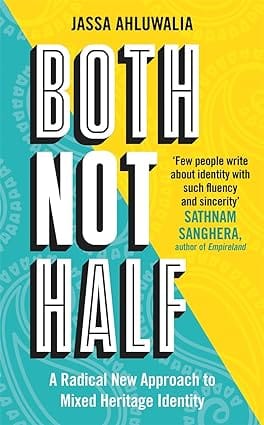WELCOME TO MIDLAND BOOK SHOP!
SHOP FOR
- Contemporary Fiction
- Contemporary Fiction
- Children
- Children
- Comics & Graphic Novels
- Comics & Graphic Novels
- Non-Fiction
- Non-Fiction
- Fiction
- Fiction
Shop No.20, Aurobindo Palace Market, Hauz Khas, Near Church +91 9818282497 | 011 26867121 110016 New Delhi IN
Midland The Book Shop ™
Shop No.20, Aurobindo Palace Market, Hauz Khas, Near Church +91 9818282497 | 011 26867121 New Delhi, IN
+919871604786 https://www.midlandbookshop.com/s/607fe93d7eafcac1f2c73ea4/677cda367903fd013d69b606/without-tag-line-480x480.png" [email protected]9789365236644 67a49d438c9bb500243e293a The End Doesnt Happen All At Once A Pandemic Memoir https://www.midlandbookshop.com/s/607fe93d7eafcac1f2c73ea4/67a49d448c9bb500243e2942/61-l4pzz91l-_sy385_.jpg 9789365236644
‘Will you write letters with me, back and forth, for the duration of this virus?’
When Covid-19 isolated us all in March 2020, C and R—old friends, parents of young children, academics, and writers—turned to each other.
In 100 intensely vulnerable letters, C and R found their way through family estrangement, tense racial dynamics, gender transitions, chronic pain, dramatic career changes, and activist campaigns. Though both continued to mask and take precautions long after the world returned to ‘normal’, they were often pained by each other's choices. Nonetheless, they always returned to the page, enacting what R calls durational performance art. The resulting book is a deeply personal, fiercely political roller coaster that plunges from the lockdowns, into social ambivalence, and finally through the long, politically manufactured ‘end’ of the pandemic.
The End Doesn’t Happen All at Once is an unusual kind of Covid book: it recasts the pandemic, in the words of Arundhati Roy, as a possible ‘portal’ into a different world. Conscious of their privileged status as vaccinated Americans, the writers examine global political realities: from Narendra Modi’s announcement of the March 2020 lockdown in India and the ensuing chaos; to the Trumpists’ attack on the US Capitol Building in 2021; from the systemic collapse in India, to the US government’s failures around racism, healthcare, gun violence, abortion laws, and the climate crisis.
These letters serve as both historical document and activist call, and above all, an inspiring testament to the power of friendship to give us the courage to change. Even as it documents some of the world’s darkest times, the book brims with hope for humanity at large.
When Covid-19 isolated us all in March 2020, C and R—old friends, parents of young children, academics, and writers—turned to each other.
In 100 intensely vulnerable letters, C and R found their way through family estrangement, tense racial dynamics, gender transitions, chronic pain, dramatic career changes, and activist campaigns. Though both continued to mask and take precautions long after the world returned to ‘normal’, they were often pained by each other's choices. Nonetheless, they always returned to the page, enacting what R calls durational performance art. The resulting book is a deeply personal, fiercely political roller coaster that plunges from the lockdowns, into social ambivalence, and finally through the long, politically manufactured ‘end’ of the pandemic.
The End Doesn’t Happen All at Once is an unusual kind of Covid book: it recasts the pandemic, in the words of Arundhati Roy, as a possible ‘portal’ into a different world. Conscious of their privileged status as vaccinated Americans, the writers examine global political realities: from Narendra Modi’s announcement of the March 2020 lockdown in India and the ensuing chaos; to the Trumpists’ attack on the US Capitol Building in 2021; from the systemic collapse in India, to the US government’s failures around racism, healthcare, gun violence, abortion laws, and the climate crisis.
These letters serve as both historical document and activist call, and above all, an inspiring testament to the power of friendship to give us the courage to change. Even as it documents some of the world’s darkest times, the book brims with hope for humanity at large.
out of stock INR 799
1 1
Email ID already exists!
Your Current password is incorrect
Password Updated Successfully
Thanks for your Feedback
- Home
- Diaries & True Accounts
- The End Doesnt Happen All At Once A Pandemic Memoir
The End Doesnt Happen All At Once A Pandemic Memoir
ISBN: 9789365236644
₹799
₹999 (20% OFF)SIZE GUIDE
Back In Stock Shortly - Fill The Book Request Form
Sold By: Hauz Khas - Aurobindo Market
Details
- ISBN: 9789365236644
- Author: Chi Rainer Bornfree
- Publisher: Aleph Book Company
- Pages: 416
- Format: Hardback
Book Description
‘Will you write letters with me, back and forth, for the duration of this virus?’
When Covid-19 isolated us all in March 2020, C and R—old friends, parents of young children, academics, and writers—turned to each other.
In 100 intensely vulnerable letters, C and R found their way through family estrangement, tense racial dynamics, gender transitions, chronic pain, dramatic career changes, and activist campaigns. Though both continued to mask and take precautions long after the world returned to ‘normal’, they were often pained by each other's choices. Nonetheless, they always returned to the page, enacting what R calls durational performance art. The resulting book is a deeply personal, fiercely political roller coaster that plunges from the lockdowns, into social ambivalence, and finally through the long, politically manufactured ‘end’ of the pandemic.
The End Doesn’t Happen All at Once is an unusual kind of Covid book: it recasts the pandemic, in the words of Arundhati Roy, as a possible ‘portal’ into a different world. Conscious of their privileged status as vaccinated Americans, the writers examine global political realities: from Narendra Modi’s announcement of the March 2020 lockdown in India and the ensuing chaos; to the Trumpists’ attack on the US Capitol Building in 2021; from the systemic collapse in India, to the US government’s failures around racism, healthcare, gun violence, abortion laws, and the climate crisis.
These letters serve as both historical document and activist call, and above all, an inspiring testament to the power of friendship to give us the courage to change. Even as it documents some of the world’s darkest times, the book brims with hope for humanity at large.
When Covid-19 isolated us all in March 2020, C and R—old friends, parents of young children, academics, and writers—turned to each other.
In 100 intensely vulnerable letters, C and R found their way through family estrangement, tense racial dynamics, gender transitions, chronic pain, dramatic career changes, and activist campaigns. Though both continued to mask and take precautions long after the world returned to ‘normal’, they were often pained by each other's choices. Nonetheless, they always returned to the page, enacting what R calls durational performance art. The resulting book is a deeply personal, fiercely political roller coaster that plunges from the lockdowns, into social ambivalence, and finally through the long, politically manufactured ‘end’ of the pandemic.
The End Doesn’t Happen All at Once is an unusual kind of Covid book: it recasts the pandemic, in the words of Arundhati Roy, as a possible ‘portal’ into a different world. Conscious of their privileged status as vaccinated Americans, the writers examine global political realities: from Narendra Modi’s announcement of the March 2020 lockdown in India and the ensuing chaos; to the Trumpists’ attack on the US Capitol Building in 2021; from the systemic collapse in India, to the US government’s failures around racism, healthcare, gun violence, abortion laws, and the climate crisis.
These letters serve as both historical document and activist call, and above all, an inspiring testament to the power of friendship to give us the courage to change. Even as it documents some of the world’s darkest times, the book brims with hope for humanity at large.
User reviews
NEWSLETTER
Subscribe to get Email Updates!
Thanks for subscribing.
Your response has been recorded.

India's Iconic & Independent Book Store offering a vast selection of books across a variety of genres Since 1978.
"We Believe In The Power of Books" Our mission is to make books accessible to everyone, and to cultivate a culture of reading and learning. We strive to provide a wide range of books, from classic literature, sci-fi and fantasy, to graphic novels, biographies and self-help books, so that everyone can find something to read.
Whether you’re looking for your next great read, a gift for someone special, or just browsing, Midland is here to make your book-buying experience easy and enjoyable.
We are shipping pan India and across the world.
For Bulk Order / Corporate Gifting
 +91 9818282497 |
+91 9818282497 |  [email protected]
[email protected]
Click To Know More
INFORMATION
QUICK LINKS
ADDRESS
Midland Book Shop - Hauz Khas
Shop No.20, Aurobindo Palace Market, Near Church, New Delhi
Shop No.20, Aurobindo Palace Market, Near Church, New Delhi

